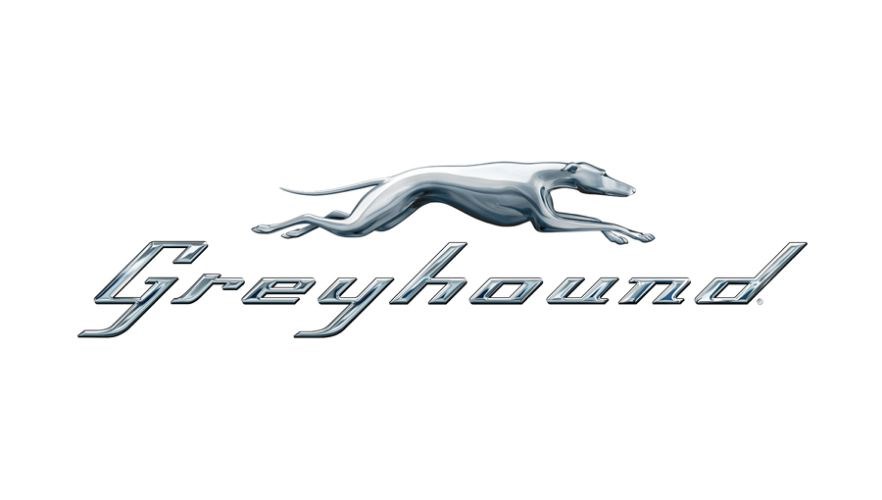Greyhound Canada is pitching the creation of a taxpayer-funded subsidy program in answer to concerns over its application to close down passenger service in northern B.C.
In a statement issued Monday – the same day a public hearing on the issue was held in Prince George – the company said municipalities and First Nations could access the fund and seek competitive bids from private operators to link rural communities to hubs for busier routes.
It's possible Greyhound would not emerge as the winning bidder, the company added.
"The competitive process would be open to all bidders to select the best private-sector transportation provider by community," Greyhound said.
"We share the belief that B.C. residents should have access to intercity bus transportation options, and private sector operators can ramp up quickly to provide cost-effective services."
The provincial Passenger Transportation Board is in the midst of deciding whether to agree to Greyhound's application to, in part, eliminate passenger service along the entire length of Highway 16 and along Highway 97 from Prince George to the Yukon border as well as between Victoria and Nanaimo.
The carrier has seen a 51-per-cent decline in ridership on those routes and suffered a $12.9-million loss on its passenger operations in B.C. during the 2016-17 fiscal year, according to submissions from the company.
In part, it blames government-subsidized services for the drop. Northern Health provides a service for patients traveling to out-of-town medical appointments in northern B.C. and Vancouver while B.C. Transit runs a service between Prince George and Terrace along Highway 16.
“I know that the proposed route reductions will be a difficult change for affected passengers and communities, and we deeply regret having to issue this filing," Greyhound senior vice president Stuart Kendrick said in the statement.
"The situation has come to a head, however, and despite a long-standing series of corrective measures and discussions with policy makers, the reality is that we can no longer operate the unsustainable routes, and we are proposing changes that will make other B.C. routes more viable."
Details on Greyhound's proposal were thin. No dollar figure was provide in terms of how much Greyhound thinks would be needed to provided subsidized services.
It's expected any decision the PTB will make will come into effect in early 2018. Until then, the company will continue to operate as usual along the routes.



